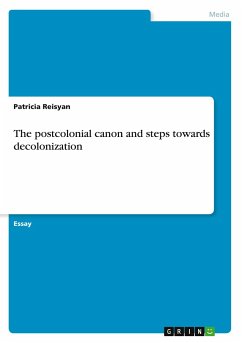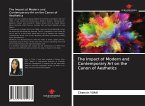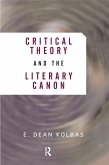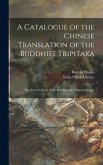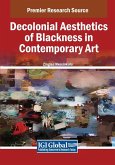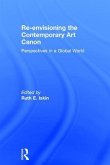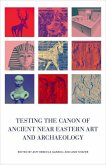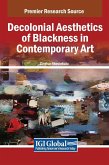Essay from the year 2022 in the subject Art - History of Art, grade: 1,0, University of Cologne (Institut für Kunst und Kunsttheorie), course: Kulturelle Praktiken jenseits globaler Vernetzung, language: English, abstract: This paper takes a postcolonial perspective on the existing canon of art history and examines to what extent the low representation of non-European and non-North American arts is a continuity of European colonial times and which steps could contribute to decolonizing the canon. Postcolonial research asks how colonial rule and domination have manifested themselves in science, politics, economics, literature, art, law, popular culture, and everyday contexts and continue to have an impact into our present. There¿s no dispute that the prefix "post" does not refer to a final status, but to continuity. The topic is gaining ever more increased relevance resulting from current globalization processes and the accompanying internationalization of art, which pose new challenges to art history, art criticism and exhibitions. Thus, in recent years, the European art system has begun to self-reflect on its own art historical canonization in distinction to possible other art histories and to modify its criteria of exclusion and inclusion for canonization in such a way that a ¿ still limited but ¿ constantly growing number of artists from the formerly colonized territories are now represented. Nevertheless, in Germany, colonial history seems to be only hesitantly recognized as part of general education, and also the art historical discourse in Germany shows comparatively little interest in the international and interdisciplinary debates on postcolonialism. Due to the fact that German art history still remains largely silent on postcolonial questions, and that the German government did not recognize the colonial crimes in present-day Namibia as genocide until 2021, voices of activists of color are growing louder; and it shows the need for further debate.
Hinweis: Dieser Artikel kann nur an eine deutsche Lieferadresse ausgeliefert werden.
Hinweis: Dieser Artikel kann nur an eine deutsche Lieferadresse ausgeliefert werden.

